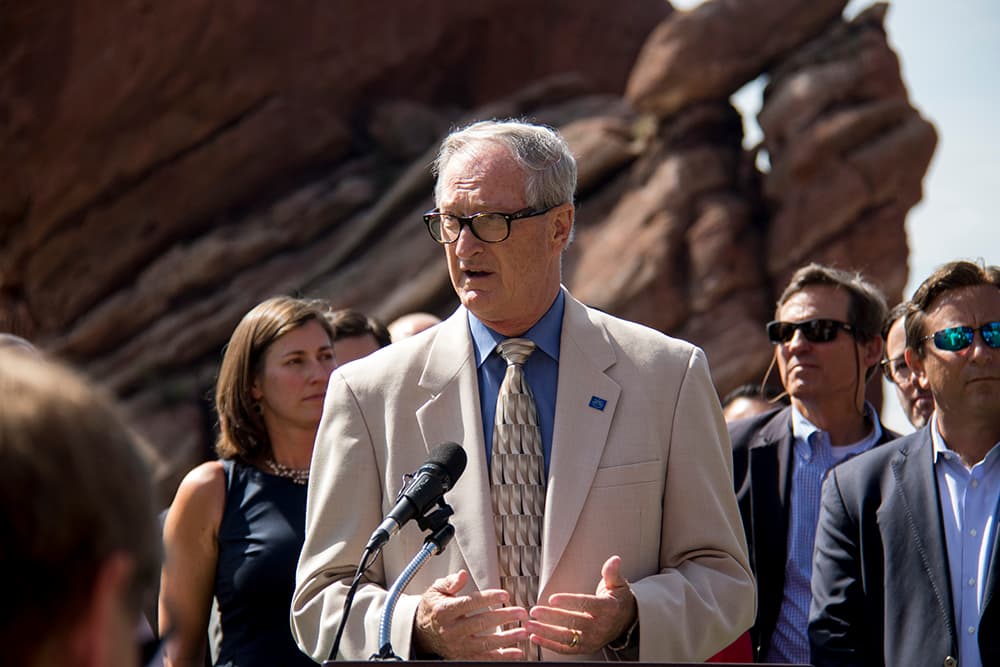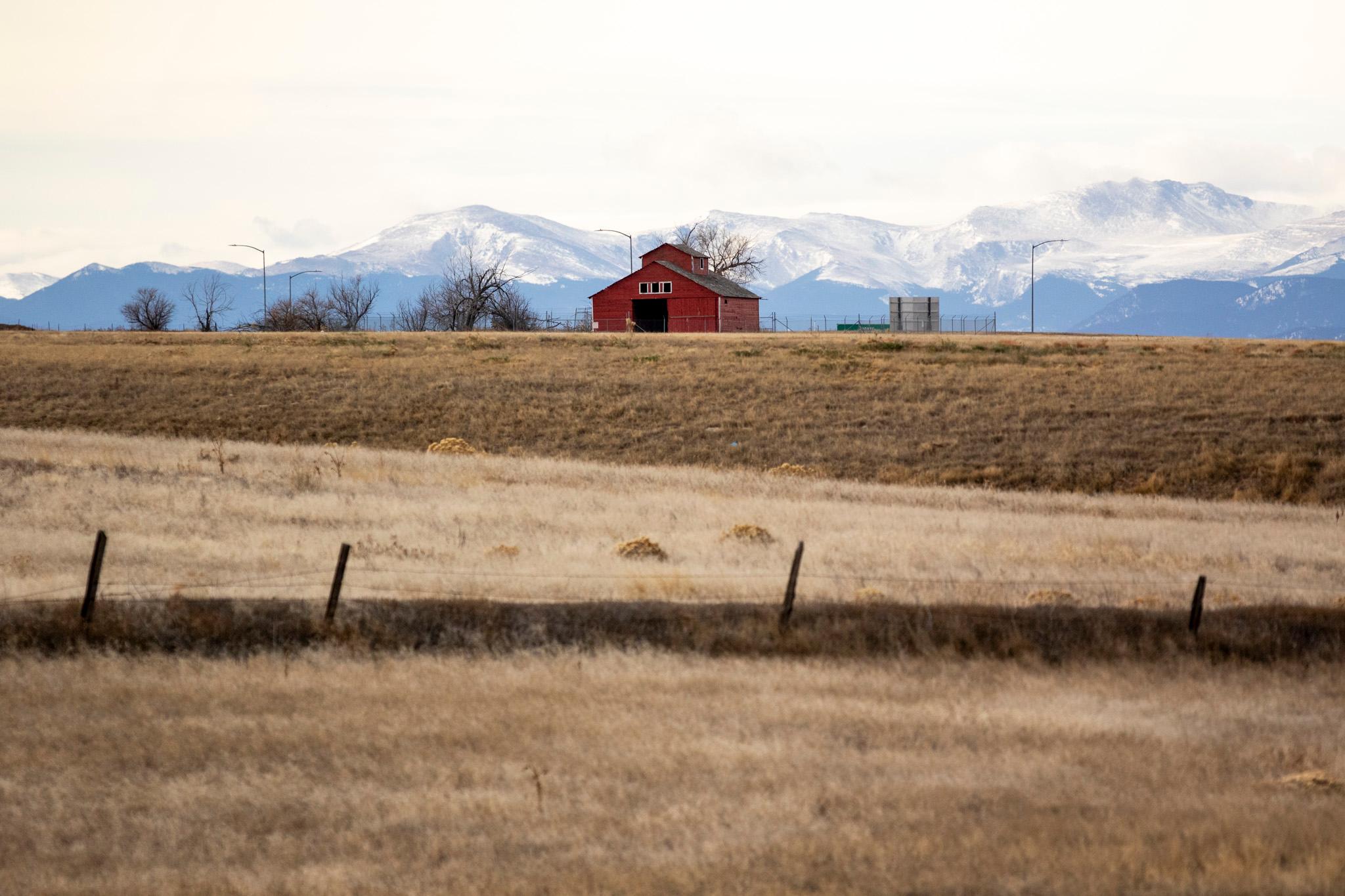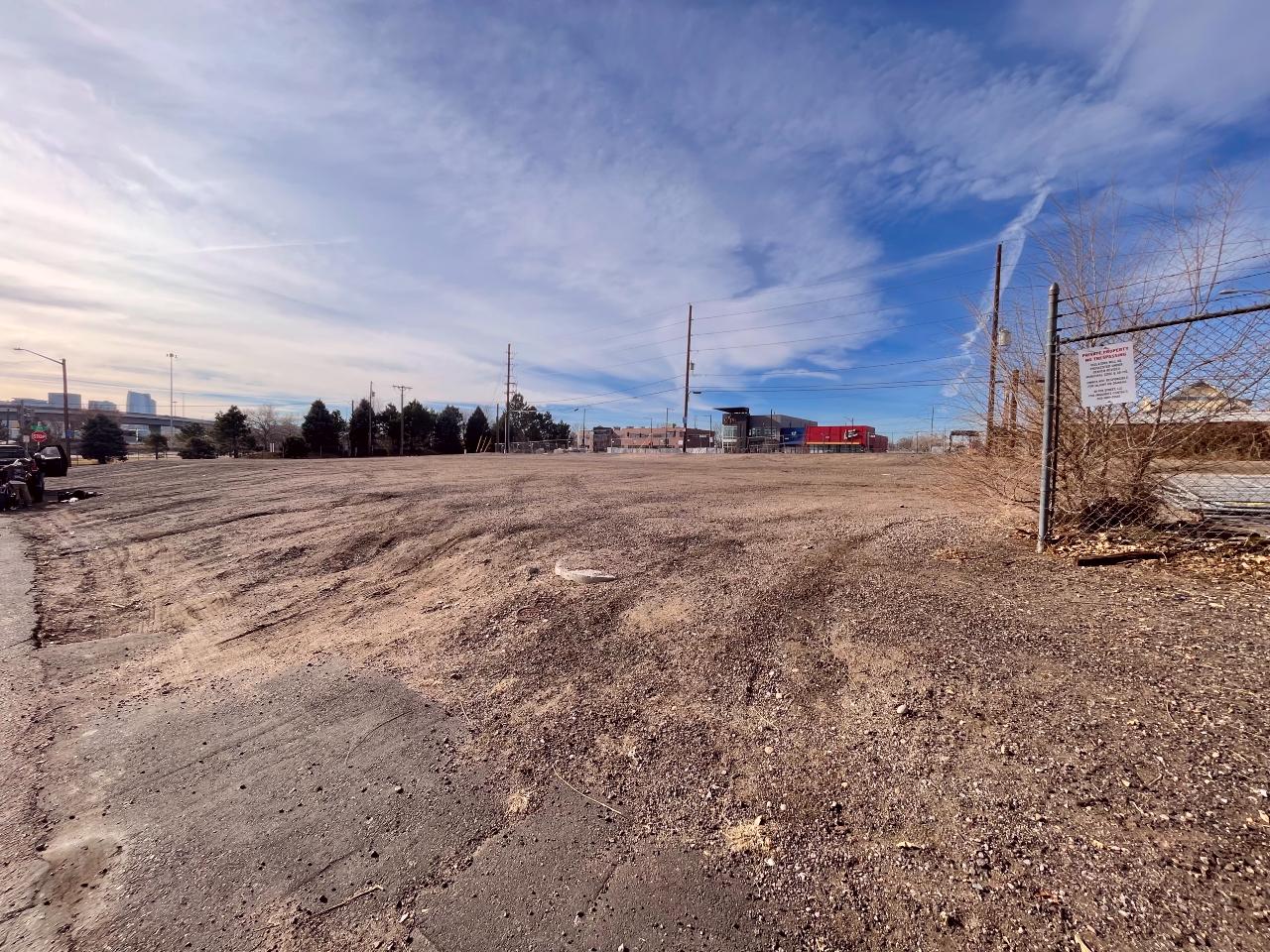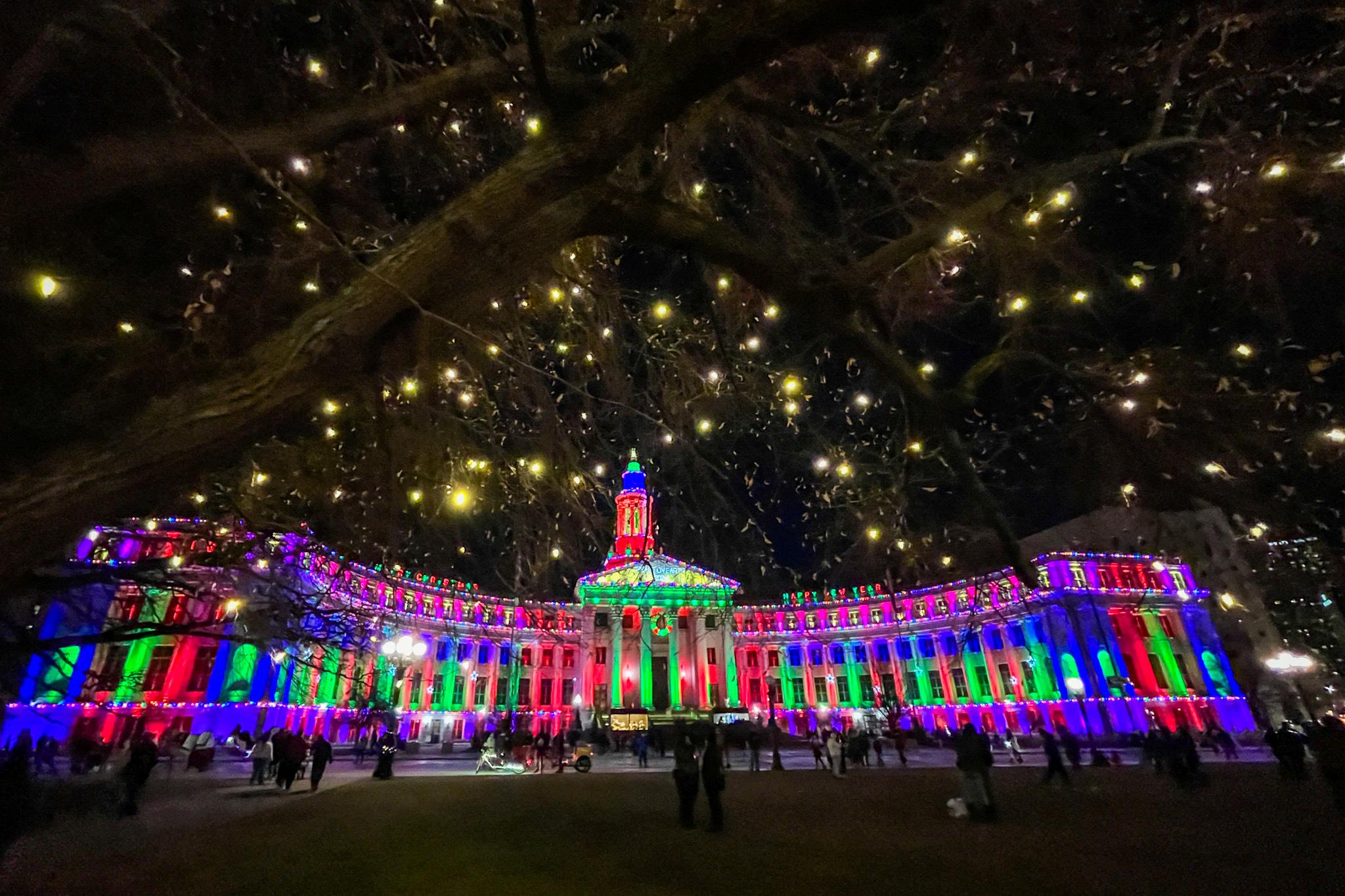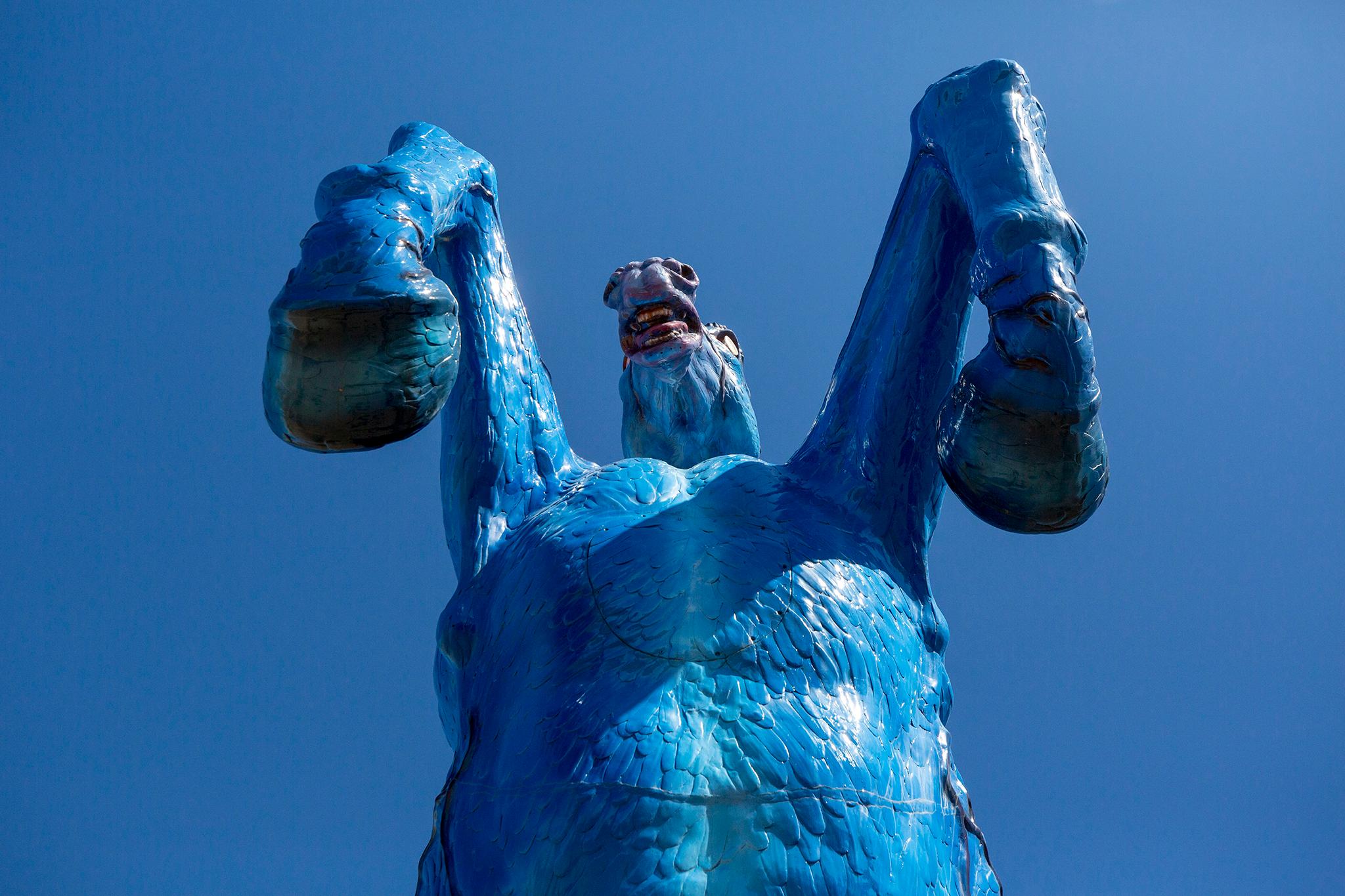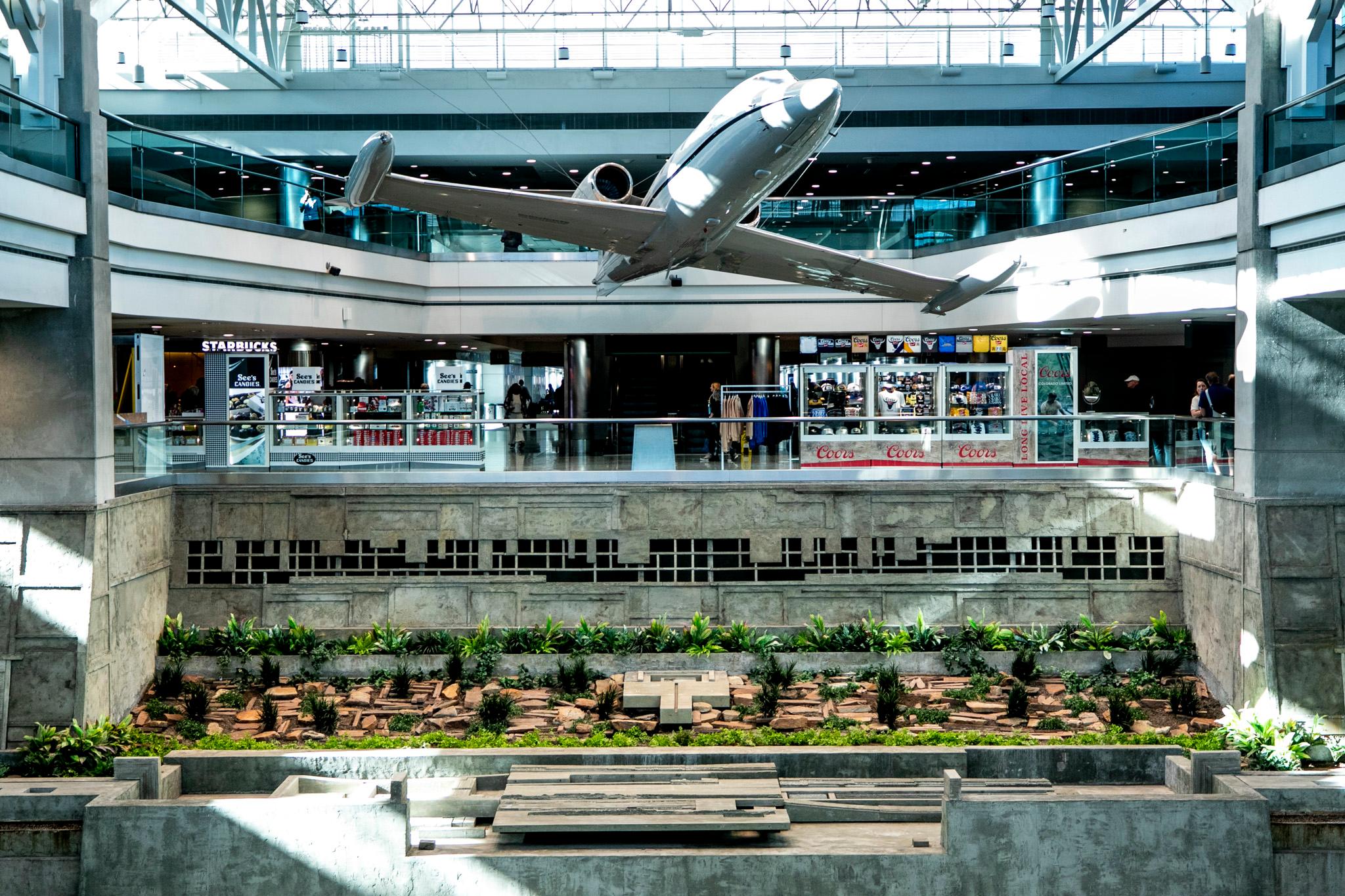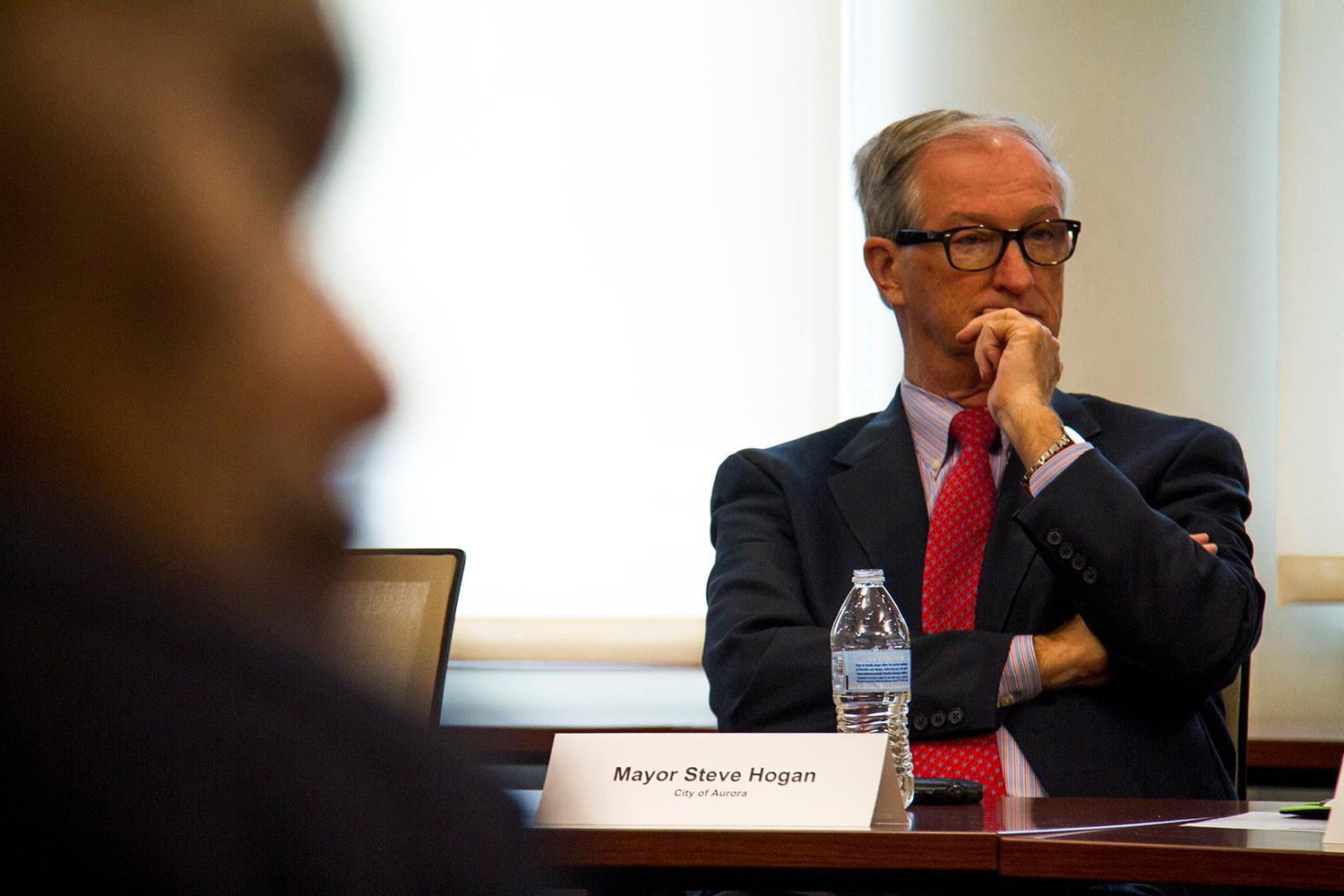
Update: A community memorial services for Mayor Steve Hogan will be held on Saturday, May 19, at the Heritage Christian Center in Aurora starting at 11 a.m. The center is located at 14401 E. Exposition Ave.
Aurora Mayor Steve Hogan — who died Sunday after entering hospice care for cancer — practiced the kind of leadership that always started with an honest conversation, Aurora Chamber of Commerce President and CEO Kevin Hougen said.
“Steve always brought respect, dignity, for all of Aurora,” Hougen said Monday.
It wasn’t easy for Hougen to talk about his friend, whom he knew for more than 30 years. He joined others on Monday in mourning Hogan’s passing, which came after he announced last week he had entered home hospice care for a cancer diagnosis he revealed in March. At the time, he said he wouldn’t seek reelection but would continue serving as mayor.
Hogan was 69.
He was first elected mayor in November 2011 after serving in the city council for more than 20 years.
Many people in the community see Hogan as the architect of Aurora’s recent boom. Under his watch, the city has witnessed steady population growth, added economic development opportunity and seen a growth in its business sector. Hogan is credited with overseeing the revitalization of East Colfax Avenue, developing the Anschutz Medical Campus and luring in the massive Gaylord Rockies Resort and Convention Center, which is still under construction and is providing hundreds of onsite jobs.
“He was that champion, he was our advocate,” Hougen said. “For not only growing our economy and protecting Buckley Air Force Base... Steve was one of those champions regarding affordable housing, celebrating our diversity.”
Hogan is survived by his wife Becky and their three adult children. The city said details about service honoring Hogan would be shared once they became available.
The city on Monday released a video message from Mayor Pro Tem Marsha Berzins, who said the city was extending its deepest condolences to Hogan's family.
"For over 30 years in city leadership, he was not only the consummate servant and advocate for Aurora, but also the heart of our city," Berzins said. She continued, "Even as we mourn, we remain inspired by Mayor Hogan's vision and love for Aurora. I hope you join with me, the rest of the Aurora City Council, and all city employees in remembering his many achievements and continuing forward with his work.
"Steve, we miss you. We honor you and we commit ourselves ourselves to making Aurora the best it can be," Berzins said.
Gov. John Hickenlooper ordered flags to be flown at half-staff on Monday to commemorate Hogan’s passing. Hickenlooper issued a statement on Sunday, a few days after speaking about the mayor’s influence and legacy during the Aurora State of the City. Hogan was unable to attend what would have been his final state of the city.
“Today Colorado lost a true friend in Mayor Steve Hogan,” Hickenlooper said in his statement. “This was a man who went above and beyond to do right by the city he loved. He led the way to make Aurora the bustling, dynamic city it is today, and Colorado is better for it. He was that rare public servant who put people before party -- my God, how we will miss him.”

"He was very generous with his time," State Sen. Rhonda Fields of Aurora said. "He was someone you would stop, look you in the eye (and) have a conversation with you."
Fields said Hogan was someone know for being "receptive and tolerant" of different cultural backgrounds, which was pivotal in helping him connect and embrace Aurora's ethnically diverse communities.
"He never shied away when it came to dealing with cultural diversity of the city, he embraced it," Fields said, adding,"He never felt uncomfortable being in the presence of people that were different.
"He will be deeply missed," Fields said.
Hogan's career in politics started in the 1970s.
Sean Walsh served as general consultant for Hogan's two mayoral campaigns in 2011 and 2015, the latter of which Hogan ran unopposed. Walsh said Hogan first served in the General Assembly after being elected in 1974, as a Democrat, before becoming a Republican later in his career. Walsh said it was notable that Hogan's public office spanned eight U.S. presidencies.
"He was a visionary in every sense of the word," Walsh said. "He saw Aurora for what it was but also for the immense potential Aurora had for transit, education, housing, aerospace, sports. He didn't see anything that could get in Aurora's way of achieving greatness."
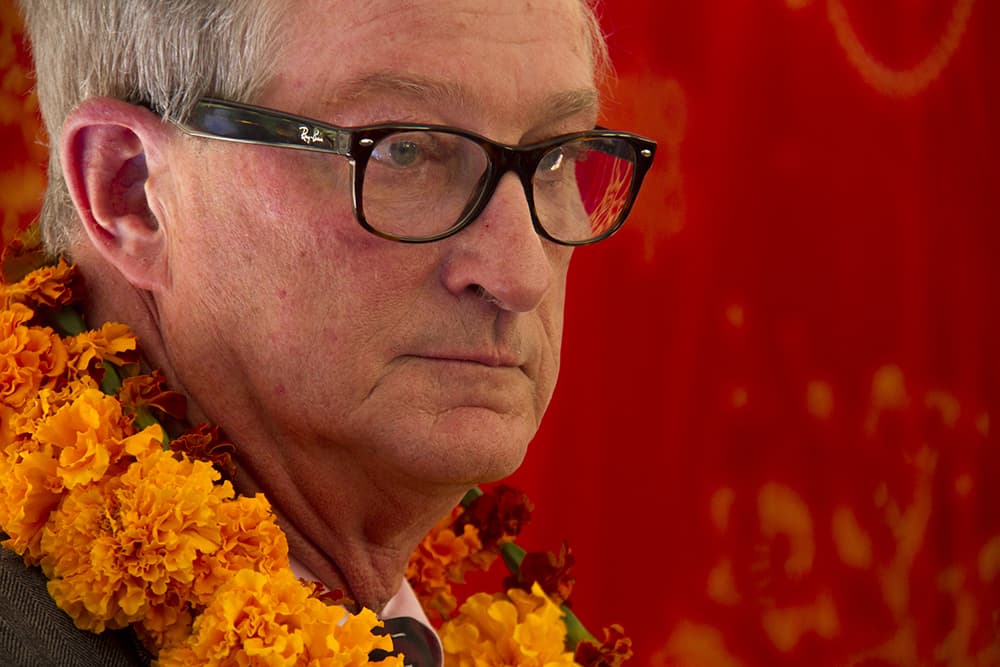
Hogan had been an Aurora resident since 1971, according to this year’s State of the City program. He served 24 years in the Aurora City Council, which included six non-consecutive terms ending in 2009. He served one term as a state representative for House District 40.
During his 2011 campaign, Walsh said Hogan's campaign was based on the idea of "One Aurora" which meant focusing on unity for a city that's spread over three counties and dozens of neighborhoods. The work was guided by a 20-page plan Walsh said Hogan created to be the basis of his campaign message. At that point, Walsh said Hogan had already proven he could work on large infrastructure projects, previously working as as the executive director of the E-470 Public Highway Authority and the Northwest Parkway Authority.
"Steve came into the job with a great deal of maturity, knowing already how to get big things done," Walsh said.
Hogan was a steady presence during one of the city’s, and really the state’s, most unimaginable tragedies. After the July 2012 theater shooting, Hougen said Hogan tried coming to the aid of all the family members affected by the incident.
“Steve was a rock back then,” Hougen said. “(He) worked with (President) Obama, they worked to address the families after the tragedy.”
Former Aurora Mayor Dennis Champine said he knew Hogan very well and saw him regularly.
"It's a shock. It happened so quickly," Champine said.
Champine, who served as mayor from 1979 to 1987 and now work as an attorney, described Hogan as a model diplomat.
"Steve was unique in his capacity to bridge gaps with people when there was conflict," Champine said. "Almost regardless of the issue, he could view both points and do so in a manner with no animosity."
Champine said Hogan was a "regional thinker, somebody who took into consideration how one community impacts another." He said Hogan found ways to take advantage of Aurora's proximity to Denver, pushing for more regional work between the two cities. Hogan strived to "add quality and balance" to the city by working with Denver.
"More than anything, that's what I recall about Steve, his ability to have everyone have a dialogue without too much anxiety," Hogan said.
Elected officials commemorated Hogan's passing, posting messages and offering condolences online.
Members of Colorado's congressional delegations tweeted out thier condolences.
Denver City Council President Albus Brooks shared a message on Sunday.
State Rep. Janet Buckner, who holds Hogan's former House District 40 seat, tweeted an image of a dedication Aurora's House delegation held for the mayor last week.
According to a release from the city, Hogan’s family has asked that in lieu of flowers donations be made to the Mayor Stephen D. Hogan Memorial Fund. A link to the fund is expected to be made available on the city’s website this week.
This story has been updated to clarify Hogan was elected to the General Assembly in 1974 and correctly spells Berzins' last name.

